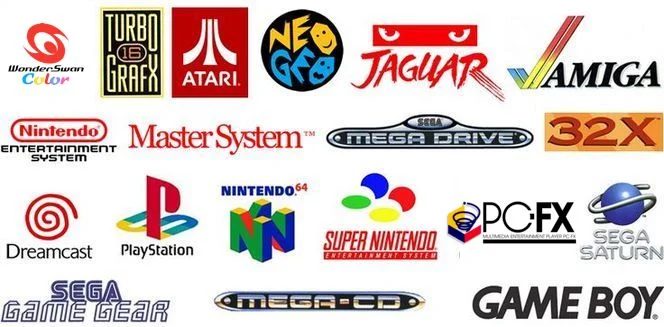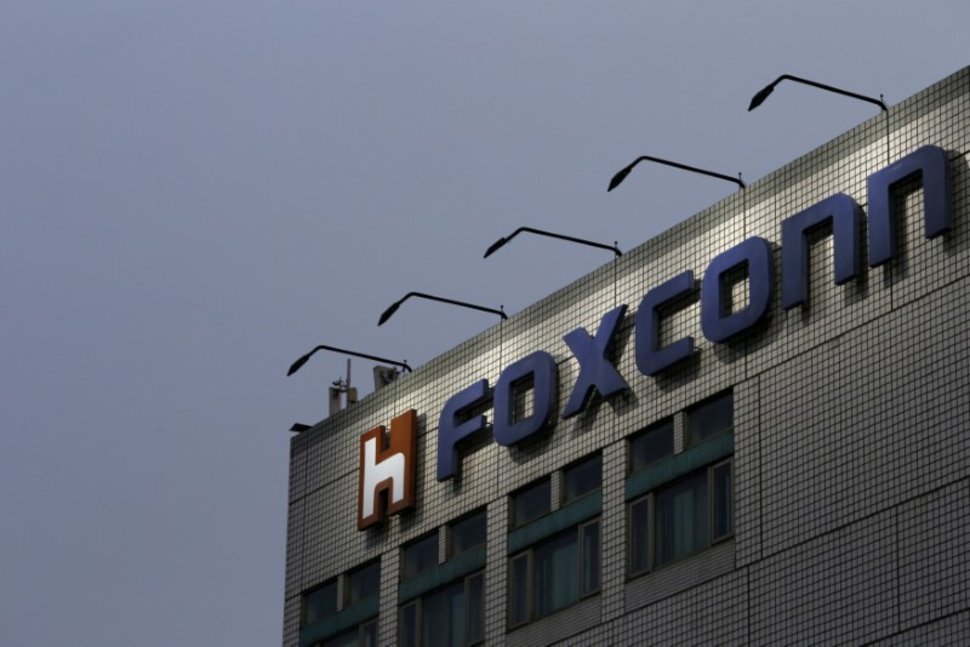
Apple Supplier Foxconn Helped Relax COVID-19 Restrictions in China: Report

Terry Gou, the founder of Apple supplier Foxconn, was instrumental in convincing the Chinese government to ease COVID-19 restrictions in the country, which were significantly affecting iPhone production — reports The Wall Street Journal.
The information comes from unnamed sources familiar with the proceedings. According to the report, Gou sent Chinese leaders a letter over a month ago informing them that the country’s zero-COVID policy threatened Foxconn’s position in global supply chains. Foxconn is Apple’s largest supplier, responsible for assembling most of the company’s iPhones.
Gou also asked the government for more transparency about how COVID-19 rules would affect Foxconn’s workers.
The world’s largest iPhone factory, operated by Foxconn in Zhengzhou, a city in China’s Henan province, went into lockdown last month following a COVID-19 outbreak. Strict COVID-19 prevention measures were put in place, restricting the movement of people in “iPhone City.”
The protracted lockdown resulted in mass unrest amongst Foxconn’s workers, who organized protests and even attempted to walk out of the factory.
According to the Journal, Gou’s letter helped Chinese health officials and government advisors advocate for relaxing COVID-19 rules. The decision was also spurred on by protests that erupted across China over continued restrictions. Foxconn’s Zhengzhou factory finally came out of lockdown last week.
Even so, the production disruptions at the Zhengzhou plant cost Apple an estimated $1 billion USD per week. Not to mention, the situation crippled Apple’s iPhone 14 Pro supply, propelling delivery wait times in the U.S. to well beyond Christmas in the company’s biggest quarter of the year.
What’s more, the factory won’t ramp back up to its full production capacity until late December or early January.
A recent report indicated that Apple will fall short of 6 million iPhone 14 Pro units in the holiday quarter because of production problems in China. TF International Securities analyst Ming-Chi Kuo, meanwhile, suggests that the production deficit could even range between 15-20 million units.
In light of the recent supply chain turmoil, Apple is reportedly accelerating plans to reduce its dependence on China by expanding production to other Asian countries.

